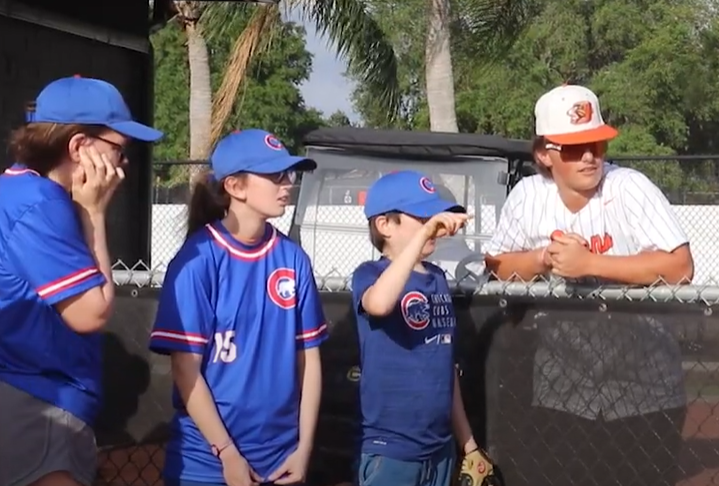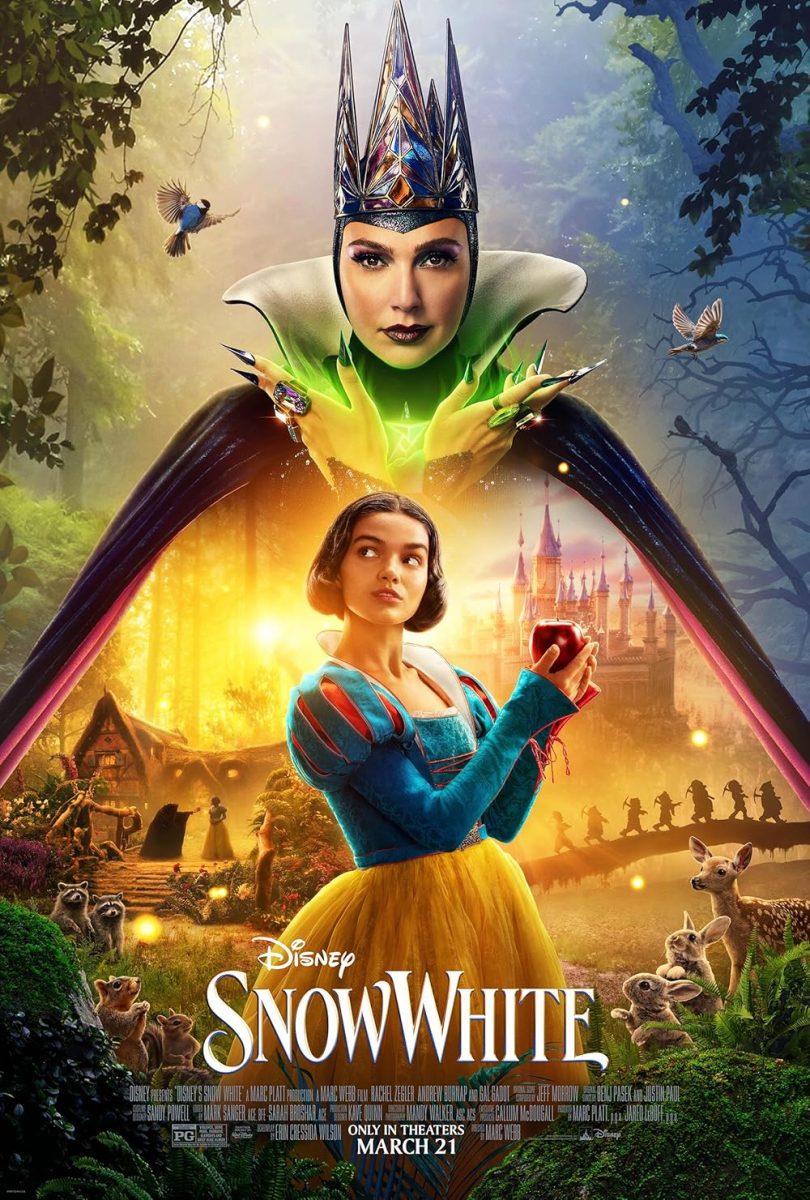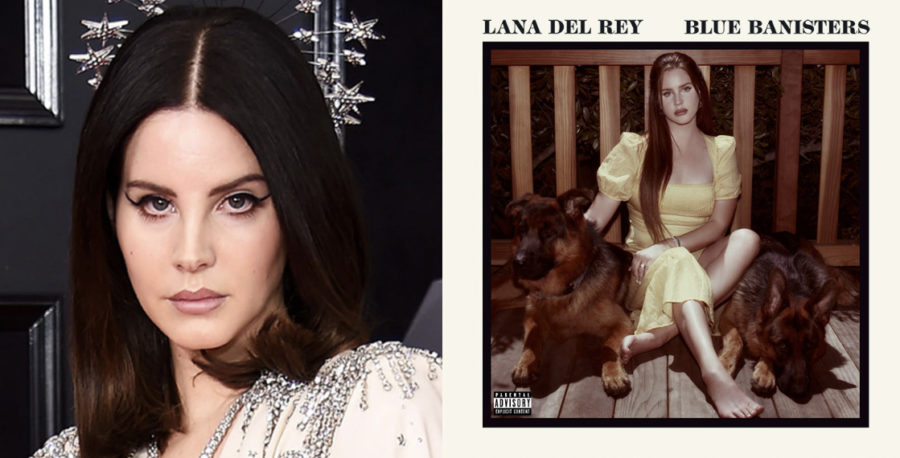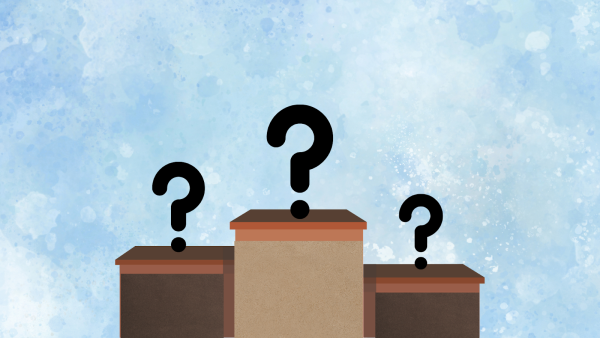Cancel culture: Is it possible to separate the art from the artist?
WEB EXCLUSIVE
In the time of cancel culture, when unfavorable information about an artist is discovered, fans on social media claim to stop supporting the artist. However, more times than not, the artist still receives a similar amount of streams and support than before they were “canceled”.
Lana Del Rey is a prime example of an artist who has been canceled numerous times via social media. The singer has been accused of racism after wearing a Native headdress in her 2014 music video, and then again in 2020 for glamorizing abuse in her music. However, in the time since, Del Rey has still released two chart topping albums.
Or take Morgan Wallen, the country singer who was canceled after a video showing Wallen making a racist comment featuring the n-word surfaced. Although Wallen did face repercussions, including becoming ineligible for the Country Music Awards, the singer still sold out almost all of his 54 tour dates for 2022.
Similarly, numerous indie bands have been accused of taking advantage of young girls, such as LANY and BØRNS. Members of both bands, among many others in the indie music scene, were accused of sexual misconduct involving young or underaged girls.
The issue is, if an artist or producer is found to be “problematic,” is it okay to continue streaming their music? Where is the line drawn? The answer is, it depends.
Almost every popular artist has been found to be problematic in their own way, some worse than others. From racism, to sexual assault, to mistreating fans; the severity of the “cancelling” ranges from artist to artist.
As a regular music listener, it’s difficult to navigate Apple Music with morals in mind. While scrolling through my library, I often wonder if it’s okay for me to listen to certain artists, or should I find another way to listen?
One example of morals and music is Taylor Swift’s masters issue with Scooter Braun. After Swift’s masters were sold without her permission, the singer decided to re-record her previous albums so that the originals lose their value, and streaming money will not go to Braun.
However, the issue for many Swift fans is that the entire “Taylor’s Version” discography is yet to be released, so is it okay to continue streaming the albums owned by Braun? Some fans already own the stolen versions of Swift’s old albums on CD or vinyl, so spinning a CD won’t be giving streams to Braun.
But realistically, most listeners use Spotify or Apple Music, where the artist only gets about $0.003 – $0.005 per stream, according to Business Insider. However, this still leaves the question unanswered, is it okay to continue streaming a “problematic” artist’s music?
The recurring argument seen online is that you must be able to separate the art from the artist. Enjoy the music as a piece of art, but don’t make it about the person who created it.
I think that this can be applied for some of these cases, but when it comes to sexual assault, it is quite difficult to listen to said artists’ music without thinking of how they took advantage of someone. It completely changes the meaning of the music and lyrics for me. When it comes to racism, it reveals that the person you are supporting is someone completely different than you thought, and again changes the meaning of the music.
I don’t think that any artist can truly be “canceled,” and simply not streaming their music will not solve this problem. Unfortunately, the reality is that many of these problematic artists still keep their platform after being canceled. Even if they were exposed for racism or homophobia, they may continue to sell out tours and book events.
Realistically, fans and supporters cannot force this person to change by not streaming their music. If morally, it feels wrong to do so, then by all means don’t support a problematic artist. But in the end, the artist themselves is the only person who can reflect and work to become a better person.
Your donation will support the student journalists of Oviedo High School. Your contribution will allow us to purchase equipment and cover our annual website hosting and printing costs. Thank you!

![Prom king Colin Napier and queen Leah Hopkins dance the night away during the Golden Gala on April 26th. Prior to the prom, the Student Government must make many preparations over the course of months in order to ensure it goes off without a hitch. However, their work eventually pays off when it comes time for the dance. “We set up [the prom] the day before, and it’s horrible. We’re there for a very long time, and then we get our beauty sleep, and then we get ready for prom the next day,” Aubrie Sandifer said.](https://oviedojournalism.com/wp-content/uploads/2025/05/Oviedo-197-800x1200.jpg)






![Hopkins at Honor Grad with golf coach John McKernan. As Hopkins’ golf coach for the last two years he has seen Hopkins’ growth as a player and person along with their contributions to the team. “[Hopkins] has just been really helpful since I took [the golf team] over, just anything I wanted to do I ran by [Hopkins],” said McKernan.](https://oviedojournalism.com/wp-content/uploads/2025/05/B66A7760-800x1200.jpg)





























